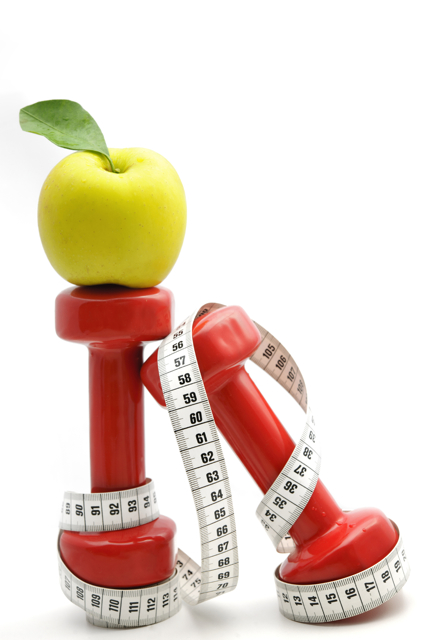Weight loss program Biography
Introduction
Do you need to lose weight? Have you been thinking about trying a weight-loss program? Diets and programs that promise to help you lose weight are advertised everywhere—through magazines and newspapers, radio, TV, and websites. Are these programs safe? Will they work for you?
This fact sheet provides tips on how to identify a weight-loss program that may help you lose weight safely and keep the weight off over time.
It also suggests ways to talk to your health care provider about your weight.
He or she may be able to help you control your weight by making changes to your eating and physical activity habits.
If these changes are not enough, you may want to consider a weight-loss program or other types of treatment.
Where do I start?
Talking to your health care provider about your weight is an important first step.
Doctors do not always address issues such as healthy eating, physical activity, and weight control during general office visits.
It is important for you to bring up these issues to get the help you need.
Even if you feel uneasy talking about your weight with your doctor, remember that he or she is there to help you improve your health.
Prepare for the visit:
Write down your questions in advance.
Bring pen and paper to take notes.
Invite a family member or friend along for support if this will make you feel better.
Talk to your doctor about safe and effective ways to control your weight. (See call out box for sample questions.)
He or she can review any medical problems that you have and any drugs that you take to help you set goals for controlling your weight. Make sure you understand what your doctor is saying. Ask questions if you do not understand something.
You may want to ask your doctor to recommend a weight-loss program or specialist.
If you do start a weight-loss program, discuss your choice of program with your doctor, especially if you have any health problems.
Some weight-loss programs may use very low-calorie diets (up to 800 calories per day) to promote rapid weight loss among people who have a lot of excess weight.
This type of diet requires close medical supervision through frequent office visits and medical tests. For more guidance on this type of diet, read the WIN fact sheet Very Low-calorie Diets
It is a special type of diet that replaces all of your meals with prepared formulas, often in the form of liquid shakes.
A VLCD may be used for a short time to promote quick weight loss among some people who are considered to be obese.
The diet requires close care from your doctor and is usually combined with other ways to lose weight (see How is obesity treated? below).
This fact sheet will tell you more about the risks and benefits of this type of diet.
Do not go on a VLCD on your own. If you need to lose weight, talk to your health care provider about the approaches that may work best for you.
Weight Loss Program Weight Loss Tips in Urdu for Women In Hindi Pics Photos Images
Weight Loss Program Weight Loss Tips in Urdu for Women In Hindi Pics Photos Images
Weight Loss Program Weight Loss Tips in Urdu for Women In Hindi Pics Photos Images
Weight Loss Program Weight Loss Tips in Urdu for Women In Hindi Pics Photos Images
Weight Loss Program Weight Loss Tips in Urdu for Women In Hindi Pics Photos Images
Weight Loss Program Weight Loss Tips in Urdu for Women In Hindi Pics Photos Images
Weight Loss Program Weight Loss Tips in Urdu for Women In Hindi Pics Photos Images







No comments:
Post a Comment